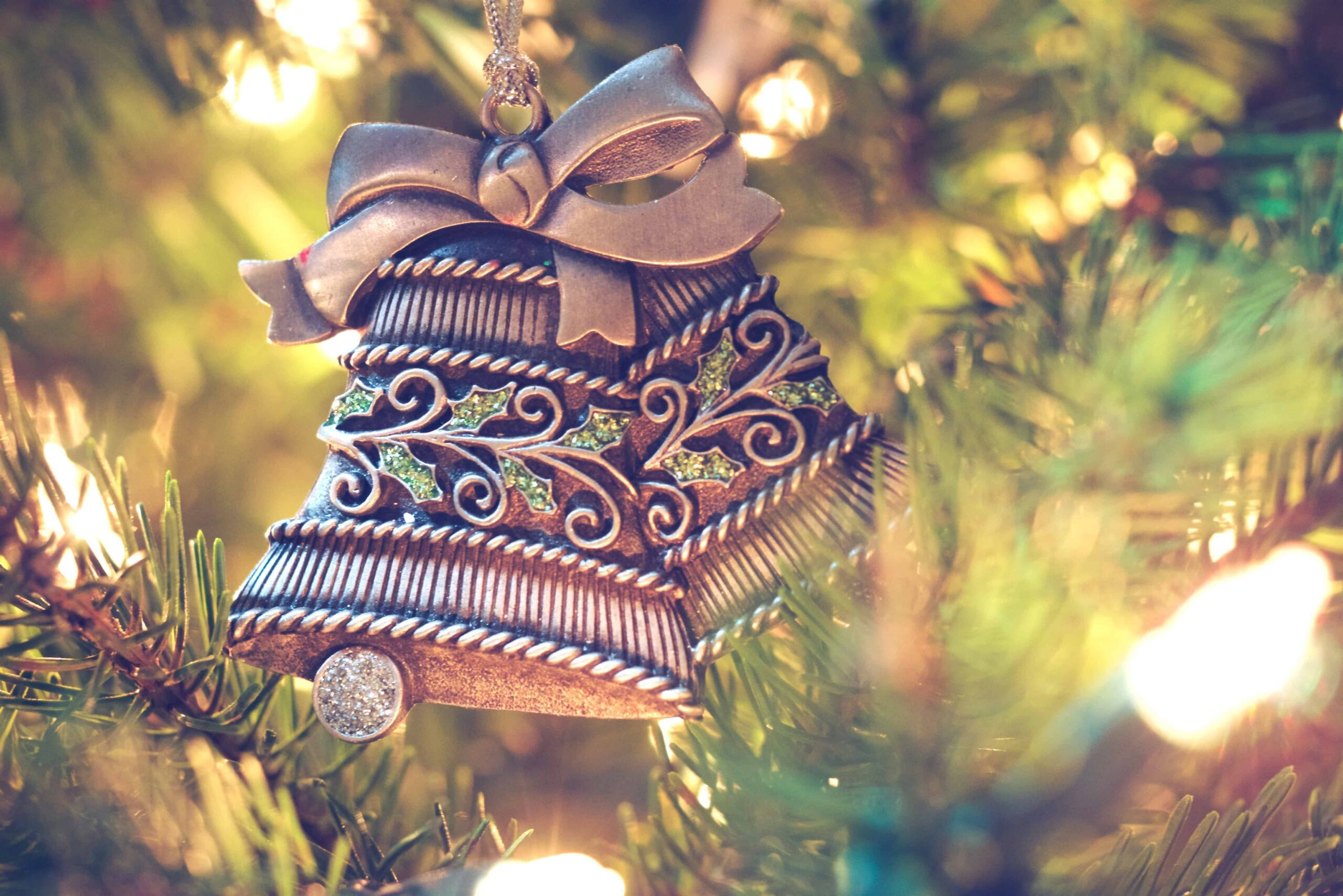This article highlights ten different cultural and religious festivals and traditions around the world. The Hindu festival of Holi is a colorful celebration of spring and good over evil. The Japanese Obon Festival honors ancestors and guides their spirits back home. Hanukkah is a Jewish festival celebrating the miracle of oil and includes lighting candles, gift-giving, and playing games. Muslims observe Ramadan by fasting during the day and breaking their fast each night with a meal called iftar, followed by the festival of Eid al-Fitr. Greek Orthodox Easter is a celebration of the resurrection of Jesus Christ, and the Native American Sweat Lodge Ceremony is a purification ritual. The Chinese Lunar New Year is the most important holiday in China and is marked by family gatherings, fireworks, and lion dances. The Catholic Feast of Corpus Christi honors the presence of Jesus Christ in the Eucharist, and the Sikh tradition of Langar emphasizes community service and sharing. Lastly, Kwanzaa is an African American holiday celebrating culture and heritage, marked by ceremonies and rituals associated with seven principles.
1. The Hindu Festival of Holi
One of the most popular religious festivals in India is the Hindu festival of Holi, which takes place in late February or early March every year. During the festival, people smear colored powder and water on each other in a joyful celebration of spring and the triumph of good over evil.
2. The Japanese Obon Festival
The Japanese Obon Festival is a Buddhist holiday that honors the spirits of ancestors. During the festival, people light paper lanterns and float them on rivers and seas to guide the spirits back home. They also clean and decorate their homes and leave offerings at altars.
3. The Jewish Hanukkah Celebration
Hanukkah is a Jewish holiday that celebrates the miracle of the oil that burned for eight days in the Temple in Jerusalem. During the festival, Jews light candles on a menorah and eat traditional foods such as latkes and sufganiyot. They also exchange gifts and play games.
4. The Muslim Ramadan Fast
Ramadan is the holiest month in the Muslim calendar, during which Muslims fast from dawn to sunset. The fast is intended to purify the soul and increase spiritual awareness, and it is broken each night with a meal called iftar. After Ramadan, Muslims celebrate the festival of Eid al-Fitr.
5. The Greek Orthodox Easter
Greek Orthodox Easter is a celebration of the resurrection of Jesus Christ. The week leading up to Easter is marked by services, processions, and the lighting of candles. On Easter Sunday, Greeks break their Lenten fast and feast on traditional foods such as lamb and tsoureki bread.
6. The Native American Sweat Lodge Ceremony
The Native American sweat lodge ceremony is a ritual intended to purify the body and the spirit. Participants enter a dark, dome-shaped lodge and are exposed to steam, heat, and chanting. The ceremony is led by a spiritual guide and often involves prayers, offerings, and storytelling.
7. The Chinese Lunar New Year
The Chinese Lunar New Year, also known as Spring Festival, is the most important holiday in China. It is celebrated with fireworks, lion dances, red lanterns, and family gatherings. Each year is associated with an animal from the Chinese zodiac, and traditions vary depending on the animal.
8. The Catholic Feast of Corpus Christi
The Catholic Feast of Corpus Christi honors the presence of Jesus Christ in the Eucharist. During the festival, Catholics decorate the streets with flowers and hold processions with the Eucharist. They also create intricate tapestries and carpets from colored sawdust and flowers.
9. The Sikh tradition of Langar
Langar is a Sikh tradition that emphasizes the importance of community service and sharing. Sikhs prepare and serve free meals to anyone who visits their gurdwara, or place of worship. The meals are vegetarian and meant to emphasize the values of equality, humility, and compassion.
10. The African American Kwanzaa Celebration
Kwanzaa is an African American holiday that celebrates the culture and heritage of people of African descent. The festival is celebrated from December 26 to January 1 and is marked by ceremonies, rituals, and storytelling. Each day of Kwanzaa is associated with one of seven principles, such as unity and self-determination.
